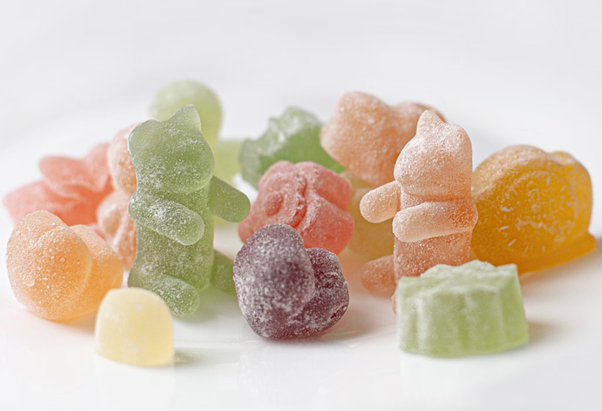Guest post by Jeffery Thompson
When you think of sustainable fabric, do you think of hemp? Maybe you should, as it demands fewer natural resources to grow, is durable, and is more resilient than cotton. We have been using hemp for hundreds of years to produce strong fabric in large quantities. During the ‘Age of Discovery,’ the explorers used hemp canvas for the sails of ships. These same sails had led men to new territories. We were openly using hemp then without prejudice. However, in 1970, the Controlled Substance Act arrived and penalized the cultivation and sales of hemp because it belonged to the family of cannabis, a Schedule 1 controlled substance.
But now, the situation is changing. Hemp has a chance to win its glory back from cotton because more and more states are legalizing and decriminalizing the cultivation of cannabis. When it comes to fabrics, it’s still true that cotton is the king, as it is a widely used raw material. However, many people are second-guessing its efficacy as fabric due to its environmental impacts. On the other hand, hemp is attracting the same environmentalists by being a sustainable fabric.
Read More


















































